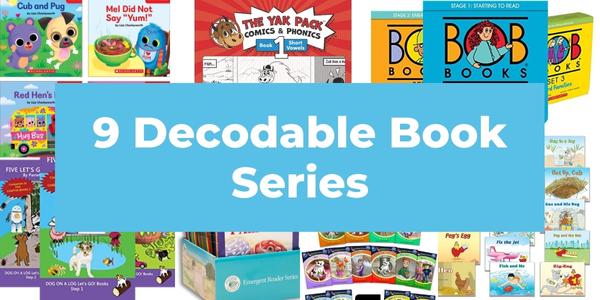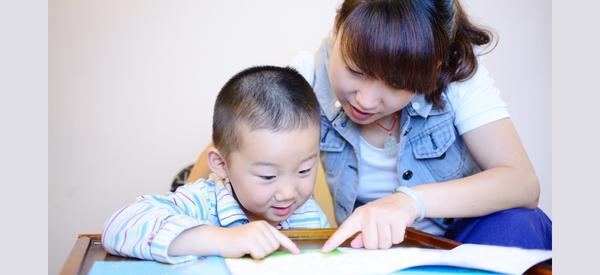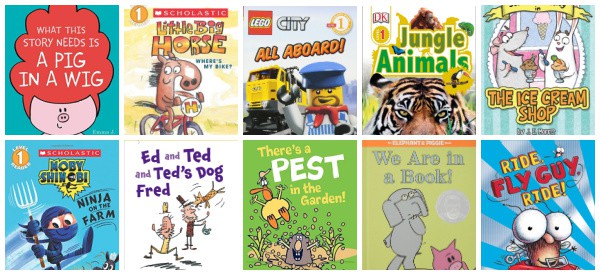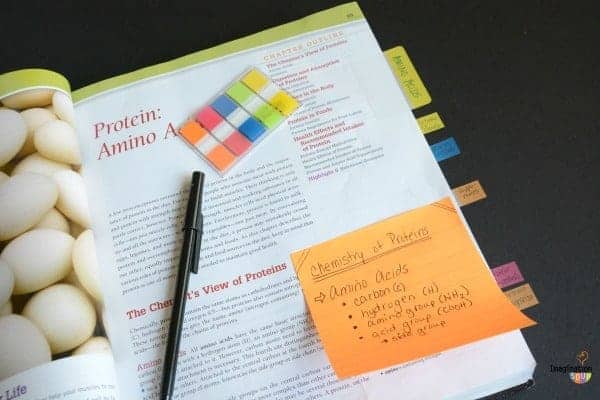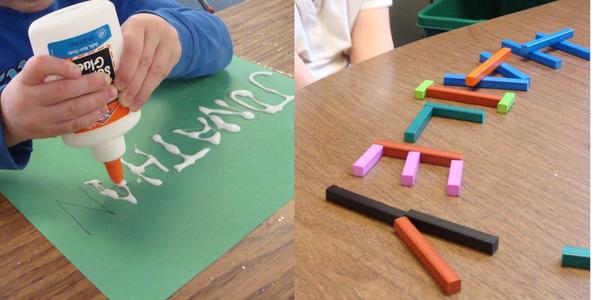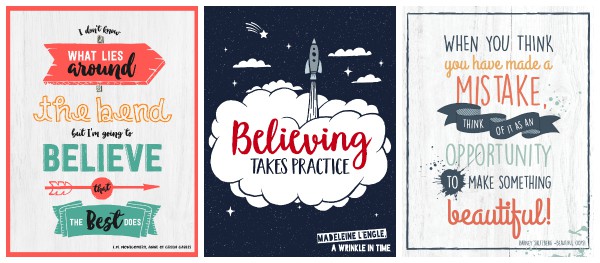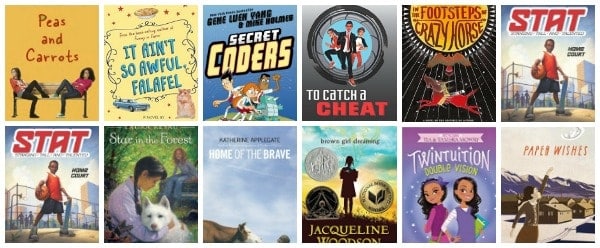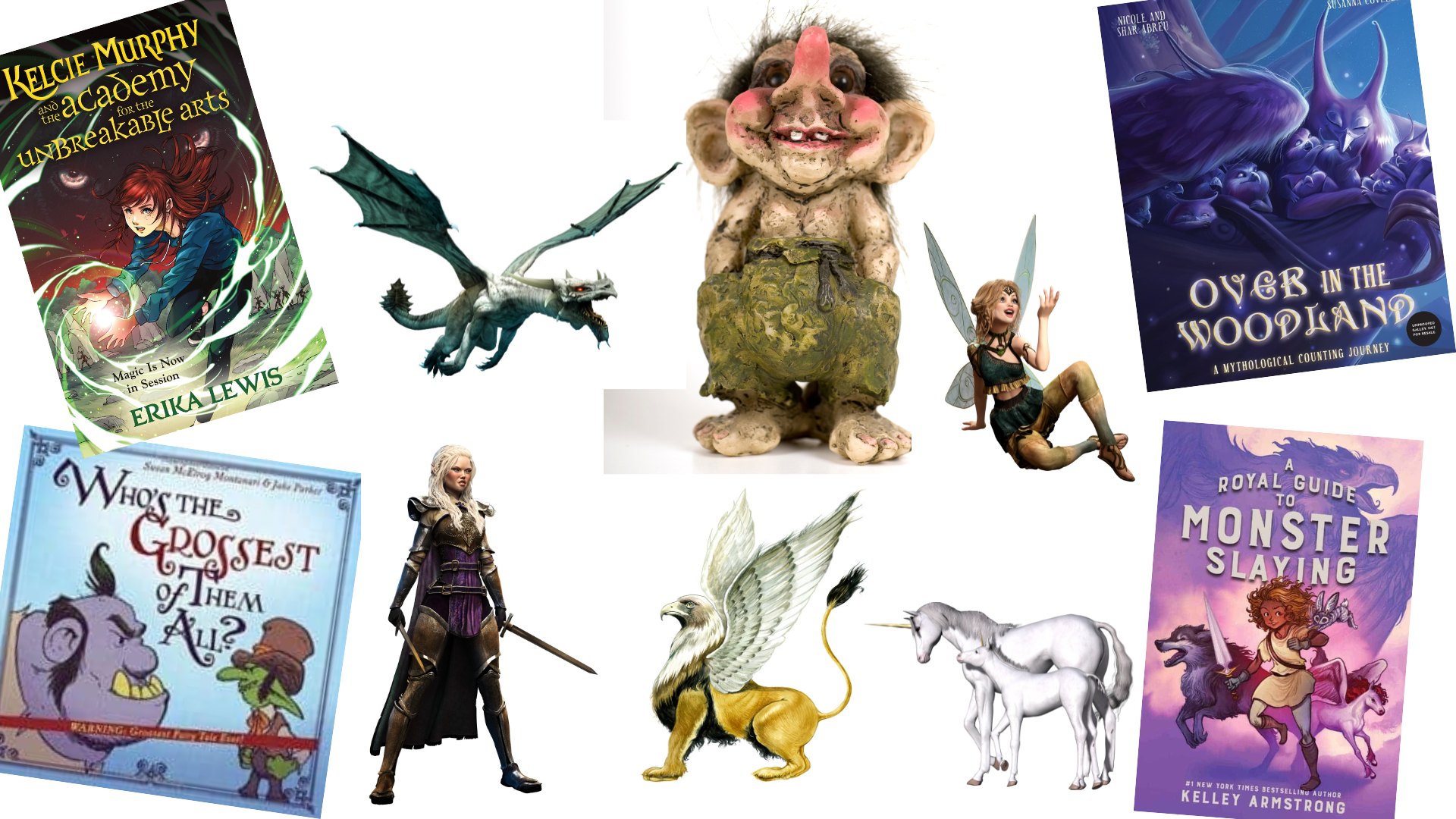Answer These 5 Questions to See If Your Child Is Ready to Read
This post may contain affiliate links.
written by Chad Aldeman
My 3rd grade son loves books, but he has a bad reading habit. Rather than sounding out a word he doesn’t recognize, he will guess based on pictures or other context clues.
This strategy worked fine for him when he was reading picture books and graphic novels, but it’s starting to reveal its flaws as he turns to longer texts with more words. As a child of two avid readers, he’s been surrounded by books and has a colorful vocabulary. But his reading comprehension scores don’t match up with what we know he can do.
My wife and I are working with our son to slow down, sound out words, and use his finger to track his progress. He’s getting better, but it would have been easier if he had mastered these habits from the start.
To help other parents prevent these types of problems and instill positive reading habits from the beginning, I created a program I called Read Not Guess. It sends parents of early readers short email lessons to teach kids to recognize letter-sound relationships, blend sounds into words, and build words into sentences.
To test your child’s early reading skills, here are five simple questions you can use to make sure your child is building strong early reading habits:
1. Can your child recognize the sounds the letters make?
About two-thirds of children can recognize their ABCs when they start kindergarten. But, while the names of the letters are important, the sounds those letters make are the building blocks of reading.
For parents of young readers, can your child tell you what sounds these letters make?
a
d
m
u
p
2. Can your child add and subtract sounds in words?
It’s important for kids to be able to hear the individual sounds in words and understand how they combine to make words. (Literacy experts call this “phoneme manipulation.”) Kids who are able to add and subtract sounds to make new words are on track to be good spellers and readers. Have your child try these:
Question: What word do you get when you add “foot” and “ball?”
Answer: foot + ball = football
Question: What word do you get when you remove “space” from “spaceship?”
Answer: spaceship – space = ship
Question: What word do you get when you add the “m” sound to “at?”
Answer: m + at = mat
Question: What word do you get when you remove the “s” sound from “snap?”
Answer: snap – s = nap
3. Can your child blend sounds into words?
Once kids have learned a few phoneme sounds, they can start blending those sounds into words. Can they read words like this?
at
up
car
cart
big
Can they say them without adding extra syllables? By the end, they should be reading words clearly and cleanly. If they are still pronouncing the word “big” as “buh-ih-guh,” have them try it again.
4. Can your child read sentences without pictures or other context clues?
Sometimes kids can “read” books but they’re not actually reading the words on the page, especially if the book has a lot of pictures or if the child has heard the book being read many times before. This might be helpful for kids to start enjoying books and telling stories, but it’s not reading yet.
See if they can read words without pictures or other context clues, like this:
Splat. A car hit a big bad bug on its butt.
5. Does your child understand what they’re reading?
If your child could blend all the words in the examples above, check their understanding. Ask them questions like, “what did the car hit?” or “where did the bug get hit?” These types of questions will remind them to seek out meaning from what they’re reading.
These are some simple tools and tests for parents to understand the basic skills kids need to learn in their early reading journey. For parents who want to know if their child is making sufficient progress for their age, I recommend starting with the free, 3-question “Readiness Check” from Learning Heroes. The age-specific Literacy Assessment Toolkits from Literacy Resources, Inc. or the Great Schools “Milestones” videos, a free online collection showing what success looks like at different grade levels, are also great resources.
For parents whose children are struggling with comprehension, I’d recommend family read alouds or the short passages with related comprehension questions from ReadWorks.org.
Reading is too important to leave to chance, and parents can take a few basic steps to make sure their child is on track to read fluently, without guessing.
About Chad Aldeman

Chad Aldeman is a father and the creator of ReadNotGuess.com, a program that sends short email lessons to help parents support and monitor their child’s early reading progress. Readers can use the “IMAGINATIONSOUP” discount code to get 20% off if they sign up by October 3rd.
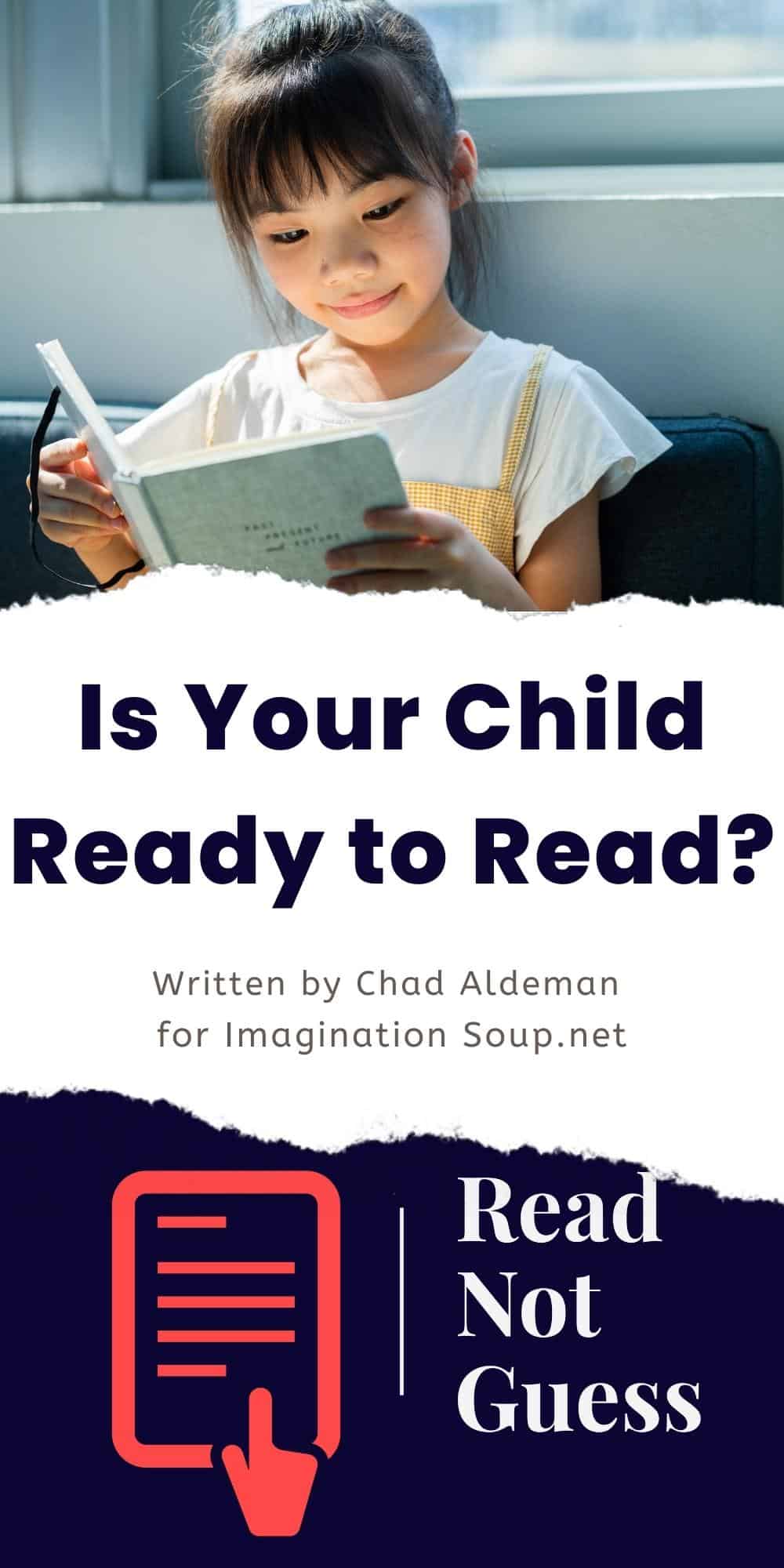
KEEP READING

